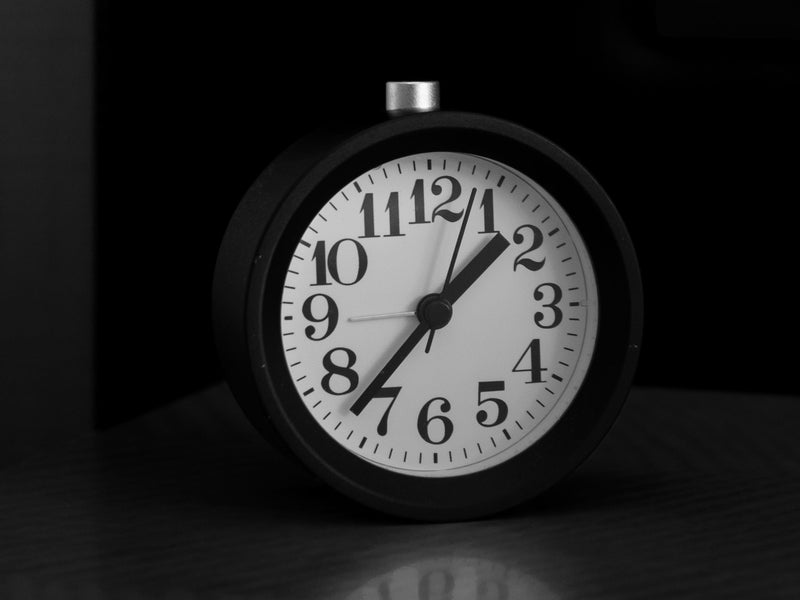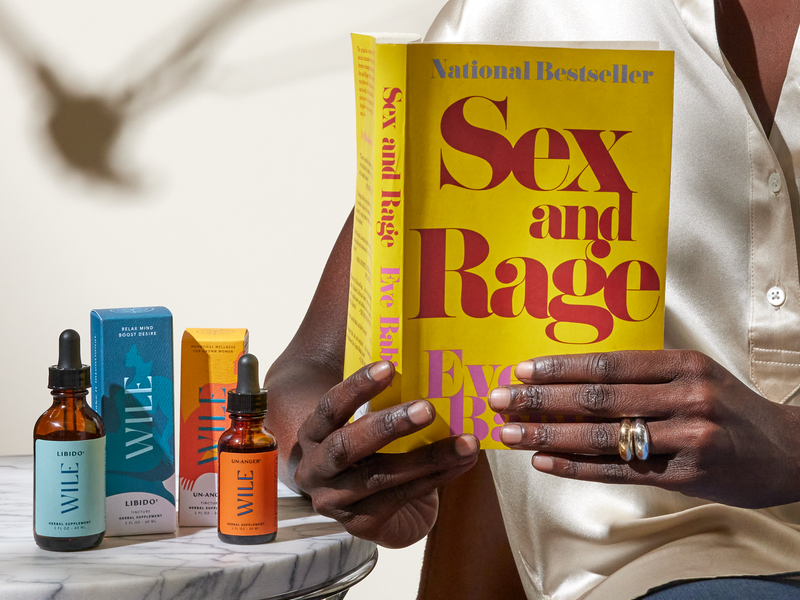We often hear that women have a lower libido than men. Could the reason be we’re just getting that much out of it?
A survey of 52,000 partnered adults revealed these patterns:
Heterosexual men reported orgasm 95% of the time.
Heterosexual women reported orgasm 65% of the time.
That’s a 45% disparity.
And across all types of partnered sex, hetero men orgasm the most and hetero women the least.
Is orgasm a woman problem?
Well, not really.
The same study found that
86% of lesbians reported they usually or always orgasmed during sex.
Other not-so-fun facts:
-
91% of women do not orgasm with new partners or during hookups.
-
50-80% of women have reported faking orgasms (depends on the study you’re reading)
And yet, 90% of women orgasm during masturbation. And fairly quickly (median time: 8 minutes)
No wonder there’s supposedly a low sex drive in women.
What may contribute to the Orgasm Gap?
Hetero sex has been male centered, focused on male pleasure, anatomy and orgasm. About 70% of women do not orgasm from penetration alone.
And there’s also what we’ll call the foreplay gap: Foreplay lasts an average of 10 minutes. Yet the average woman needs 13.4 minutes to come.
Yet we question why there's a low sex drive in women?
The Orgasm Gap also becomes a self-(un)fulfilling prophecy. A 2022 Rutgers study found the more people (men or women) orgasm, the more they expect to and want to orgasm. The less they orgasm, the less they expect to.
As the study author Grace Wetzel said, “Importantly, this is a gender equality issue. Women are learning to expect and be satisfied with less in their sexual interactions with men.”
Other factors in the Orgasm Gap can include:
-
The partners - lack of attentiveness, communication, connection and skill level.
-
The equity gap - Inequity of household responsibilities in hetero relationships that leave women tired and stressed
-
Relationship issues
-
Painful sex, which 70% of women will experience at some point in life
-
Past sexual trauma or coercion as well as non-sexually related PTSD, which can create difficulty with desire, arousal and orgasm and contribute to painful sex.
-
Other stress, including that of the sandwich generation variety
-
Hormonal changes that do affect pleasure, desire and arousal
-
Lack of clitoral stimulation or sufficient lubrication, natural or applied.
Ready to give up? Here are some comments to give some hope:
I’m almost 50 and feel like I am just getting started. My 54-year-old boyfriend is an enthusiastic and attentive lover. Sex is such an important part of our connection and bonding. We both feel like we did when we were in our early 30s and also that we are just getting started sexually together. - Julia
There is more to sex than intercourse and one of the reasons so many heterosexual women in menopause stop enjoying sex is because their partners don't know how to properly pleasure them. - Matt (a man)
Since my divorce, I've discovered a whole new me, and I enjoy sex. - Beanie
My own experience, and that of many friends - all of us women over 55 who've all had a lot of varied sexual activity over the course of our lives - is that in this stage in life our interest in and frequency of masturbation has increased rather than waned. And orgasms have become easier and more intense. This is the opposite of what conventional wisdom has led us to expect - Curiousme
Very few people have ever learned how to produce fulfilling sexual union. (Imagine how open men are or would be to accept their beginnerhood in this domain.) Without this capacity, sexual desire is likely to diminish or disappear… We don't need libido-enhancing drugs, we need real sex education. - Karen
Women after menopause have a decreased desire to have sex with their PARTNER. All the women I know who are post 50 and dating are totally into sex. - Jenn
PHOTO CREDIT: Mink Mingle, Unsplash
REFERENCES:
Why a Woman’s Sex Life Declines After Menopause (Hint: Sometimes It’s Her Partner) by Tara Parker Pope, New York Times, July 30, 2019
Wetzel, G.M., et al. Orgasm Frequency Predicts Desire and Expectation for Orgasm: Assessing the Orgasm Gap within Mixed-Sex Couples, Sex Roles 30 March 2022
Frederick, David A., et al, Differences in Orgasm Frequency Among Gay, Lesbian, Bisexual, and Heterosexual Men and Women in a U.S. National Sample Archives of Sexual Behavior, January 2018, Archives of Sexual Behavior
This article is intended for informational purposes and is not intended to replace a one-on-one medical consultation with a professional. Wile, Inc researches and shares information and advice from our own research and advisors. We encourage every woman to research, ask questions and speak to a trusted health care professional to make her own best decisions.




